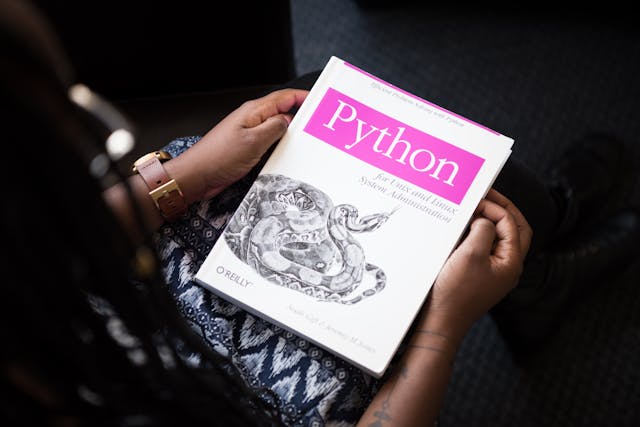Top Python Interview Questions to Help You Ace Your Next Job Opportunity

If you’re preparing for a Python developer role, knowing the right questions to expect can give you a competitive edge. Python Interview Questions typically cover a wide range of topics, from basic syntax and data types to more advanced concepts like data structures, algorithms, and frameworks. Understanding what to anticipate in an interview can help you demonstrate your expertise and problem-solving abilities. Below, we’ve compiled some of the top Python interview questions to help you prepare and succeed.
Frequently Asked Python Interview Questions
What are Python’s main data types?
Python’s primary data types include integers, floats, strings, lists, tuples, dictionaries, and sets. Each data type serves a specific purpose, such as storing numeric values, text, or collections of items. Understanding how to use each type effectively is fundamental for any Python developer.
What is the difference between a list and a tuple in Python?
You can modify elements in a list because it is mutable. Tuples, on the other hand, are immutable and cannot be changed once defined. Use lists for flexible collections and tuples for faster performance when the collection should stay constant.
How does Python handle memory management?
Python uses a built-in garbage collector to manage memory. It automatically deallocates unused memory by identifying and cleaning up objects that are no longer referenced. Understanding memory management in Python helps developers write efficient and optimized code.
What is a decorator in Python?
Decorators are functions that modify the behavior of other functions or methods. They are often used for logging, access control, memoization, and more. Mastering decorators can significantly enhance code flexibility and readability.
Explain the concept of generators and when to use them.
Generators let you return a sequence of values over time, instead of computing everything at once and storing it in memory. Use them to iterate through large datasets or create pipelines where memory efficiency is crucial.
How do you handle exceptions in Python?
Exception handling in Python is done using the try, except, else, and finally blocks. Proper exception handling helps ensure that your program can handle unexpected errors without crashing and provides meaningful feedback to the user.
What is PEP 8, and why is it important?
PEP 8 is the style guide for writing Python code. It provides conventions for code layout, indentation, and formatting, promoting code readability and consistency across projects.
How do you optimize Python code for better performance?
Techniques like using built-in functions, list comprehensions, and avoiding global variables can improve code performance. Profiling and benchmarking tools like cProfile can also identify performance bottlenecks.
Ready to Build a Strong Python Team?
If you’re looking to hire experienced Python developers or want help with Python Interview Questions to refine your hiring process, Tier2Tek is here to support your needs. Contact us today to connect with skilled professionals who can elevate your projects and drive business success.
